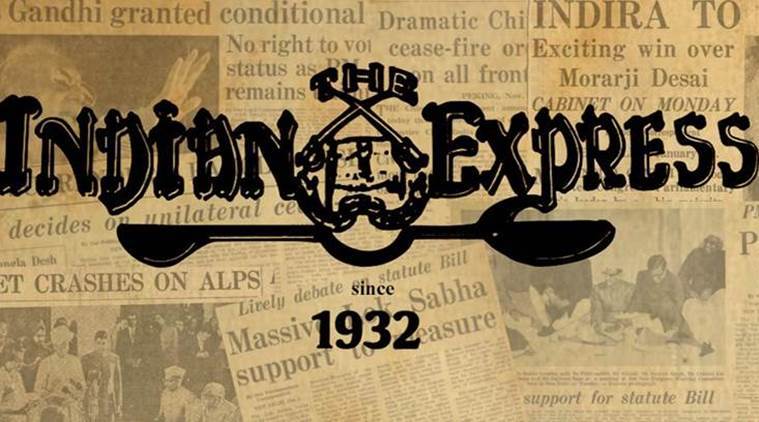Shadow over polls
Nawaz Sharif’s arrest is a sobering portent ahead of a Pakistan election associated more with a sense of foreboding than hope

How much the return of the father-daughter duo will help the PML(N)’s prospects in the election is still unclear, just as it is far from certain that despite getting a powerful opponent knocked out by the courts, Imran Khan can lead his Pakistan Tehreek-e-Insaaf party to victory.
In 2007, when Nawaz Sharif returned to Pakistan after cutting short a 10-year exile, he had the House of Saud batting for him, and an international environment that was pressing the military ruler of the nuclear-armed country, also a known terrorist safe-haven, to make the transition to democracy. With the help of the US and the UK, Benazir Bhutto was able to negotiate a deal with Pervez Musharraf, which took the form of the National Reconciliation Ordinance, that would allow her to return without being arrested on corruption charges. This time, there was no such thing. Sharif’s benefactors on earlier occasions were nowhere to be seen, and the West is preoccupied with its own leadership problems. Thus, his decision to leave behind his critically ill wife in hospital, and return with his daughter and political heir Maryam after their recent conviction and sentencing on corruption charges, in the full knowledge that they would both be shipped off to jail on landing, is a gamble. The leader of Pakistan’s biggest political party has decided to go for broke with the strongest card he now has against powerful adversaries — an appeal to the people’s court.
That the powers that be went all out to block media coverage, and prevent Pakistan Muslim League (N) supporters from gathering at the airport was indication enough of the nervousness in Pakistan’s establishment. In keeping with all that has gone before, the trial in two other cases pending against the Sharifs is to be held inside the Adiala jail, where they are now lodged. How much the return of the father-daughter duo will help the PML(N)’s prospects in the election is still unclear, just as it is far from certain that despite getting a powerful opponent knocked out by the courts, Imran Khan can lead his Pakistan Tehreek-e-Insaaf party to victory. But it has certainly helped the PML(N) change the narrative that the Sharifs would prefer to remain fugitives than return to face the law. Legal appeals to the verdict are already being mounted, and the diminishing political returns of keeping a popular politician and his daughter in jail on an unsound verdict are likely to become apparent soon.
The last two general elections were associated with hope — in 2007, despite the assassination of Benazir Bhutto during the campaign, there was the euphoria of the return of an elected government for the first time since the 1999 military coup led by Musharraf; in 2013, it was a belief that with a second free and fair election, Pakistan was no longer a country that existed just for its military. Those hopes have been belied. It is not surprising then that this third election is hardly being celebrated as democracy in action. The three bomb attacks, one in Peshawar that claimed the life of a well-regarded candidate, the second in another part of north-west Pakistan and a third, the deadliest, in Mastung in Balochistan, which claimed over 120 lives including that of the candidate, may, unfortunately, be an indication of what lies ahead.
For all the latest Opinion News, download Indian Express App






































No hay comentarios:
Publicar un comentario